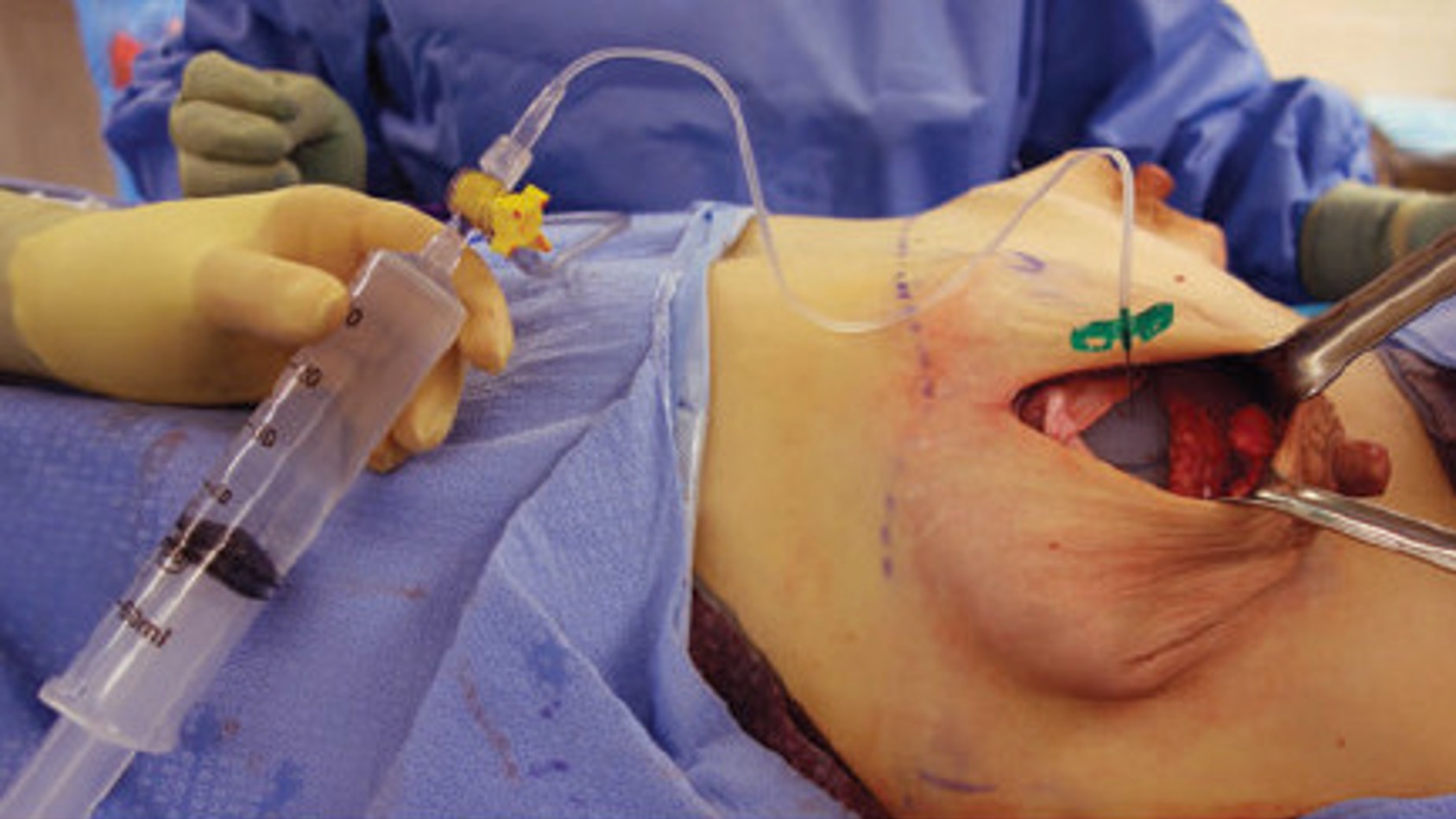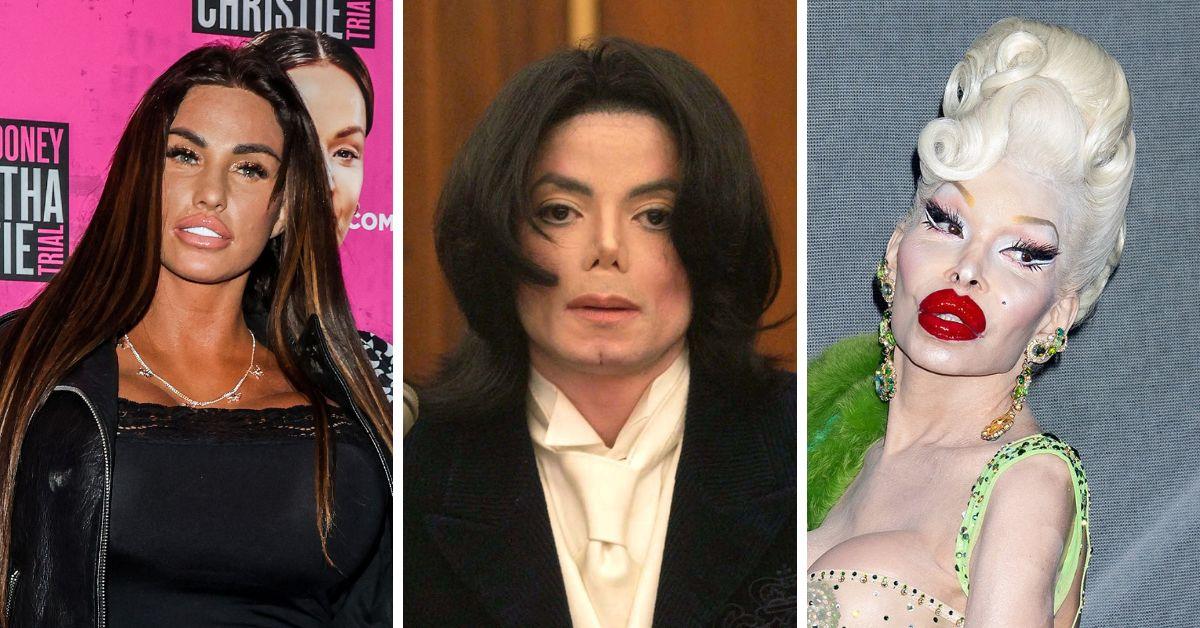Investigating the Psychological and Social Aspects That Drive Individuals to Take Into Consideration Plastic Surgery as a way of Renovation
The choice to go after plastic surgery usually expands past simple aesthetics, linking with psychological and social characteristics that warrant thorough examination. Elements such as self-esteem, pervasive social elegance criteria, and the prevalent impact of social networks assemble to shape individual motivations for surgical enhancement. As these influences come to be significantly famous, recognizing the underlying social and emotional contexts is essential. What stays to be checked out is the profound effect these elements have not only on individual identity however also on more comprehensive societal norms and values bordering appeal and acceptance.
The Duty of Self-worth
Self-esteem substantially influences an individual's decision to go after cosmetic surgery. Individuals with reduced self-esteem commonly perceive themselves in a negative light, leading to feelings of inadequacy concerning their physical look.

Ultimately, the duty of self-esteem in the decision-making process pertaining to plastic surgery highlights the intricate interaction in between body picture, personal complete satisfaction, and psychological wellness. Recognizing this partnership is important for health care professionals to ensure that patients are making notified decisions rooted in reasonable expectations and emotional wellness.
Social Beauty Specifications
Influenced by prevalent media portrayals and cultural stories, societal beauty standards play a vital duty fit individuals' understandings of their own bodies. These requirements are usually identified by an idyllic form of appeal that emphasizes characteristics such as slimness, balance, and youthfulness. As these perfects are bolstered via various networks, including marketing, tv, and film, people often internalize these messages, leading to dissatisfaction with their natural appearance.
The implications of these societal standards extend beyond aesthetic preferences; they can impact self-confidence, mental health and wellness, and social partnerships. People that view themselves as falling short of these criteria may experience feelings of inadequacy, motivating a wish for plastic surgery as a means of accomplishing social approval. This quest is frequently fueled by the idea that complying with these perfects will certainly improve not only physical look yet likewise social standing and individual satisfaction.

Impact of Social Media Site
The influence of social charm requirements is more magnified by the increase of social media sites systems, where curated photos and idealized depictions of appeal are ubiquitous. Customers are regularly exposed to filtered and edited pictures, which frequently portray unattainable physical qualities. This direct exposure cultivates a society of comparison, leading people to evaluate their own look versus these commonly unrealistic benchmarks.
Social media influencers and stars frequently advertise cosmetic treatments, normalizing the idea that medical enhancements are a sensible methods for achieving societal ideals (plastic surgery rancho cucamonga). The visibility of these enhancements can develop a perception that going through plastic surgery is a conventional technique, thus affecting people to take into consideration comparable treatments as a pathway to enhanced self-confidence and social approval
Furthermore, the interactive nature of social media sites enables instant comments with likes and remarks, better enhancing the wish to adapt preferred beauty standards. Such interactions can exacerbate sensations of inadequacy and drive people towards plastic surgery as a way of gaining validation. Inevitably, social media plays a critical duty fit perceptions of beauty, which significantly influences the decision-making processes bordering plastic surgery.

Social Point Of Views on Appearance
Throughout different cultures, perceptions of appearance are deeply rooted in historic, social, and financial contexts, shaping individuals' views on beauty and desirability. In many societies, appearance offers as a significant marker of identity, affecting social condition, professional chances, and personal connections. As an example, in some societies, light skin is typically related to wealth and opportunity, while others may glorify darker complexion as symbols visite site of strength and authenticity.
Moreover, conventional elegance criteria are typically bolstered via social stories, media representations, and family affects, bring about varying perfects throughout various regions (plastic surgery rancho cucamonga). In Western cultures, the emphasis on young people and fitness typically drives individuals toward aesthetic improvement, while in certain Eastern cultures, even more subtle changes straightened with conventional aesthetic appeals may be preferred
Globalization and the spreading of electronic media have actually additionally made complex these dynamics, creating a hybridization of appeal ideals that transcends geographical boundaries. As individuals increasingly browse these social narratives, the stress to comply with specific look criteria can cause the wish for plastic surgery, mirroring a complex interaction of social values and personal goals. Recognizing these cultural perspectives is crucial in dealing with the motivations behind plastic surgery considerations.
Psychological Influences of Plastic Surgery
Several individuals looking for cosmetic surgical procedure report experiencing extensive psychological impacts that can significantly modify their self-perception and emotional health - plastic surgery rancho cucamonga. The wish for physical improvement frequently comes from underlying issues such as reduced self-esteem, body dysmorphic problem, or social stress pertaining to appeal requirements. For some, the instant post-operative phase can result in a momentary increase in self-esteem and satisfaction with their appearance, cultivating a feeling of empowerment
Nonetheless, these positive sensations might not be sustaining. Study shows that while some people experience improved self-esteem, others may encounter elevated stress and anxiety or depression if their assumptions are not satisfied. This inconsistency can develop from impractical suitables bolstered by media depiction and social narratives surrounding charm.
Moreover, the emotional implications of plastic surgery expand past the individual. Relationships with friends and family may be stressed as social characteristics change, resulting in sensations of isolation or alienation. Eventually, the psychological influences of plastic surgery are complex and diverse, needing mindful factor to consider by both prospective individuals and doctor to guarantee enlightened decision-making and reasonable assumptions.
Verdict
In conclusion, the decision to seek plastic surgery is dramatically influenced by a mix of self-esteem problems, social elegance requirements, and cultural point of views on appearance. The her comment is here pervasive reach of social networks even more aggravates these stress, advertising impractical ideals that people often aim to obtain. Comprehending these psychological and social variables is essential for addressing the inspirations behind plastic surgery, highlighting the need for a much more nuanced conversation surrounding charm and self-acceptance in contemporary culture.
The choice to pursue cosmetic surgery usually expands past plain aesthetic appeals, linking with emotional and social characteristics that merit extensive assessment. Inevitably, social media plays look at these guys a critical function in forming perceptions of charm, which dramatically impacts the decision-making procedures surrounding cosmetic surgical treatment.
As individuals progressively navigate these cultural narratives, the stress to conform to certain look standards can lead to the need for cosmetic surgical treatment, mirroring a complicated interaction of personal aspirations and social worths.In verdict, the decision to go after cosmetic surgical treatment is significantly influenced by a mix of self-confidence issues, societal beauty criteria, and social viewpoints on appearance. Understanding these emotional and social elements is crucial for attending to the motivations behind cosmetic surgical procedure, highlighting the requirement for an extra nuanced conversation bordering charm and self-acceptance in modern society.